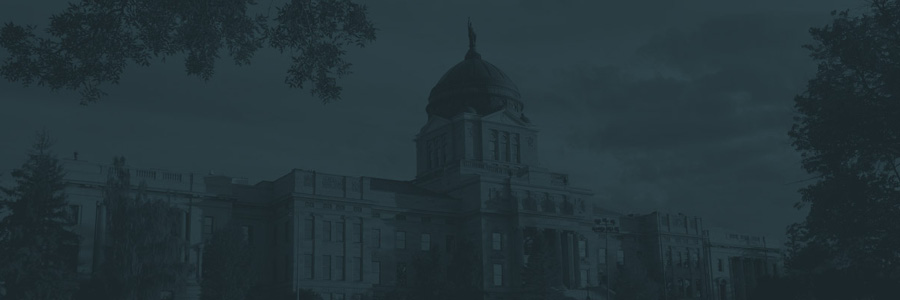
Committee: Environmental Quality Council
Author: Joe Kolman
Posted on August 6, 2018

The Environmental Quality Council inched closer at its July meeting to introducing a variety of bills in the 2019 Legislature. Several proposals deal with funding existing programs.
The EQC revised its proposal to pay for the state’s aquatic invasive species (AIS) programs, removing commercial watercraft fees and gas tax revenue generated by motorboats from a proposal released in May. Added in is a $2 fee for migratory game bird hunters.
Funding Sources Proposed by EQC, July 2018 |
Annual estimated revenue |
Anglers/Aquatic Invasive Species Prevention Pass* |
$1,707,420 |
Migratory game bird hunter/Aquatic Invasive Species Prevention Pass |
$52,226 |
Motorized watercraft fee |
$1,090,780 |
Nonmotorized watercraft fee |
$375,235 |
General Fund |
$3,274,339 |
Total estimated annual revenue |
$6,500,000 |
*Current Aquatic Invasive Species Prevention Pass fees = $2/resident and $15/nonresident |
|
Currently, hydroelectric fees provide $3.7 million in annual funding and the Aquatic Invasive Species Prevention Pass (AISPP) purchased by anglers generates about $3 million per year. Both funding sources are due to sunset in the next 2 years. The EQC proposes keeping the AISPP, but cutting the rate for nonresidents in half, and letting the hydroelectric fees expire.
The EQC discussed but made no changes to two proposals that would provide more money for off-highway vehicle (OHV) and snowmobile recreation programs within the Department of Fish, Wildlife, and Parks. According to a 2014 report, the snowmobile program receives about 65 percent of the estimated gas tax revenue generated by snowmobiles. The OHV program gets about 30 percent of revenue generated by OHVs. The proposed bill drafts (OHV1 and snowmobile1) dedicate all of the revenue to those programs.
The council continues its discussion of how to pay for fire preparedness. Preparedness is everything that occurs before a fire starts, including training, equipment, and placement of personnel in places where fires are likely to ignite. Landowner fees currently pay for about one-third of the preparedness budget, more than $4 million, but are paid only by certain landowners in forested areas of the state. The EQC is considering spreading that amount amongst other property owners.
The regulation of bird hunting dogs is of ongoing interest. The EQC voted to remove language from a bill draft that prohibited field trials during a designated nesting season on public land. Field trials are contests to evaluate the skills of bird hunting dogs. The council added language to the proposal that further defines field trials as contests that are affiliated with a national organization.
For more information about the meeting visit the committee’s website or contact Joe Kolman, committee staff.
Committee Website: http://leg.mt.gov/eqc
Committee Contact: Joe Kolman, 406-444-3747 or jkolman@mt.gov